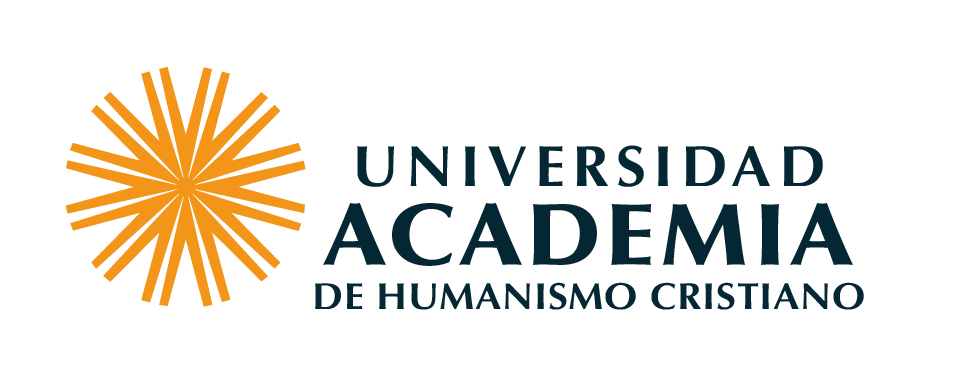Mathematics for machine learning Marc Peter Deisenroth, A. Aldo Faisal, Cheng Soon Ong.
Material type: TextPublication details: Cambridge : Cambridge University Press, 2020.Description: 371 páginasISBN:
TextPublication details: Cambridge : Cambridge University Press, 2020.Description: 371 páginasISBN: - 9781108455145
- 006.31 D325
| Item type | Current library | Collection | Call number | Copy number | Status | Date due | Barcode | |
|---|---|---|---|---|---|---|---|---|
| Libro | Biblioteca República Colección General | Bibliografía Básica | 006.31 DEI (Browse shelf(Opens below)) | 1 | Available | 1472414 |
1. Introduction and motivation -- 2. Linear algebra -- 3. Analytic geometry -- 4. Matrix decompositions -- 5. Vector calculus -- 6. Probability and distribution -- 7. Optimization -- 8. When models meet data -- 9. Linear regression -- 10. Dimensionality reduction with principal component analysis -- 11. Density estimation with Gaussian mixture models -- 12. Classification with support vector machines.
The fundamental mathematical tools needed to understand machine learning include linear algebra, analytic geometry, matrix decompositions, vector calculus, optimization, probability and statistics. These topics are traditionally taught in disparate courses, making it hard for data science or computer science students, or professionals, to efficiently learn the mathematics. This self-contained textbook bridges the gap between mathematical and machine learning texts, introducing the mathematical concepts with a minimum of prerequisites. It uses these concepts to derive four central machine learning methods: linear regression, principal component analysis, Gaussian mixture models and support vector machines. For students and others with a mathematical background, these derivations provide a starting point to machine learning texts. For those learning the mathematics for the first time, the methods help build intuition and practical experience with applying mathematical concepts. Every chapter includes worked examples and exercises to test understanding. Programming tutorials are offered on the book's web site.
There are no comments on this title.

